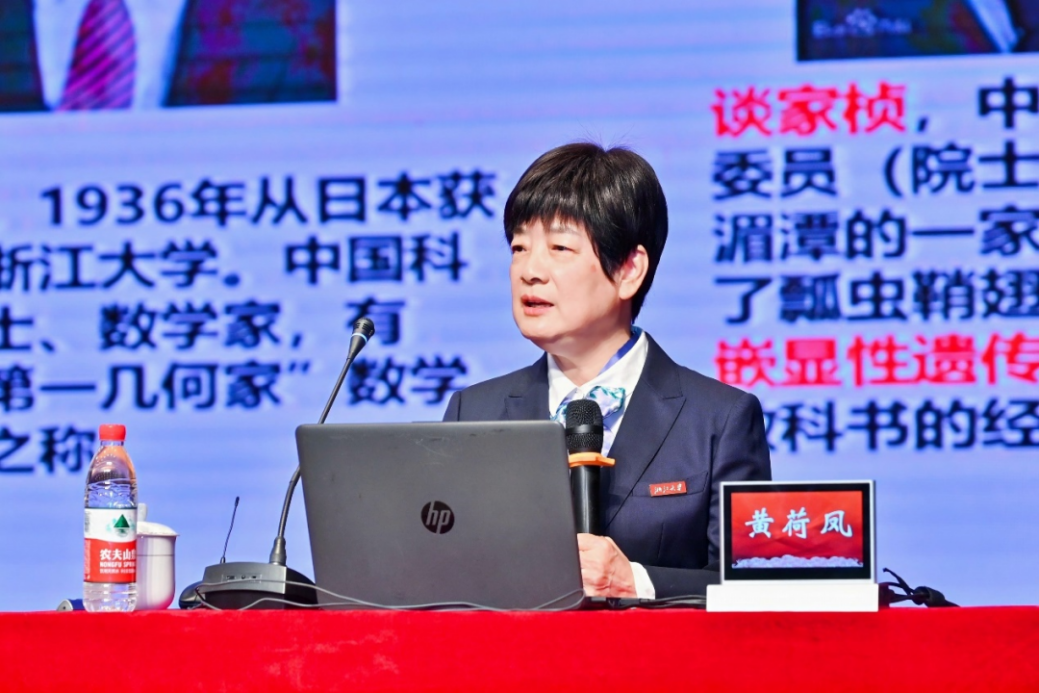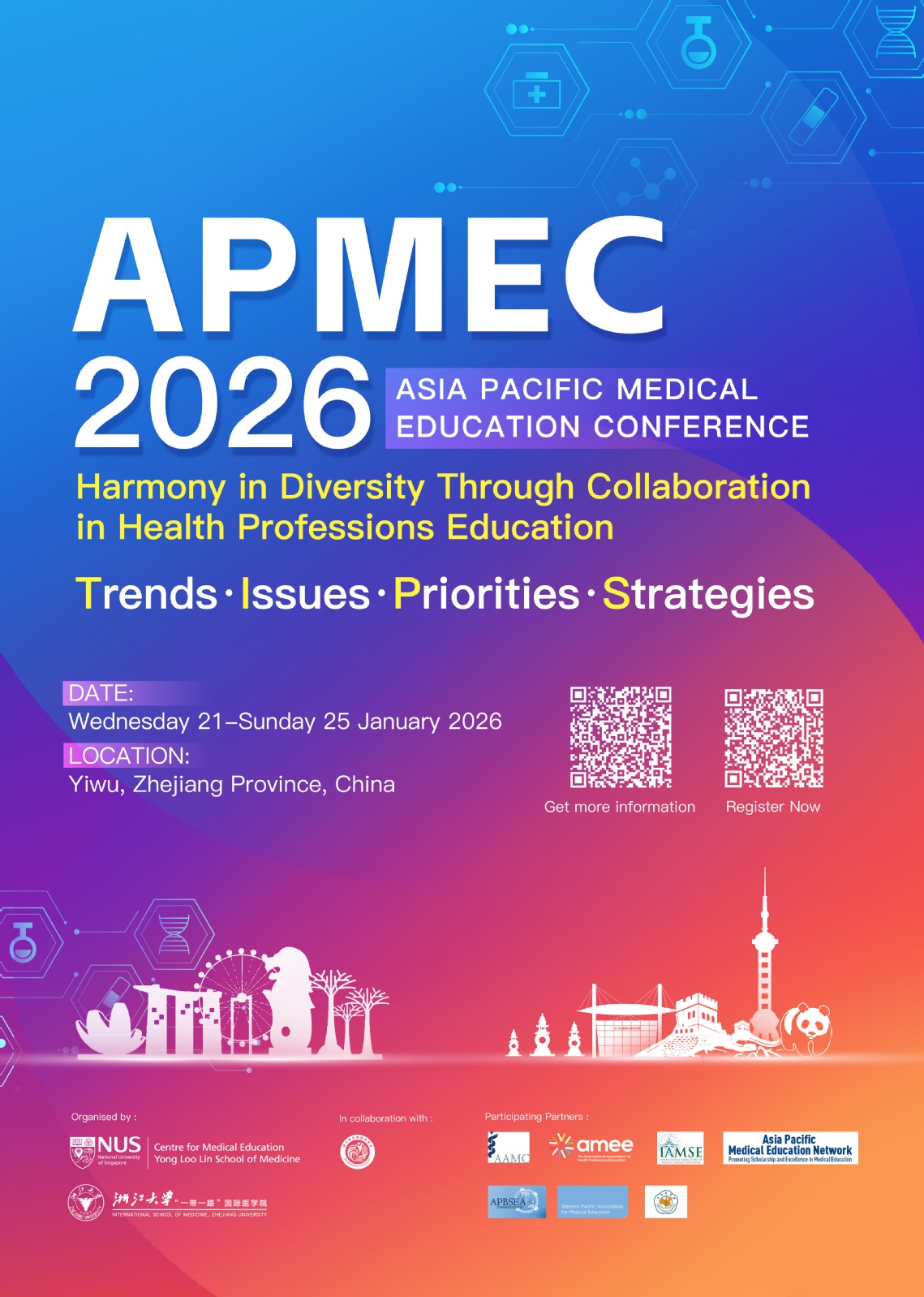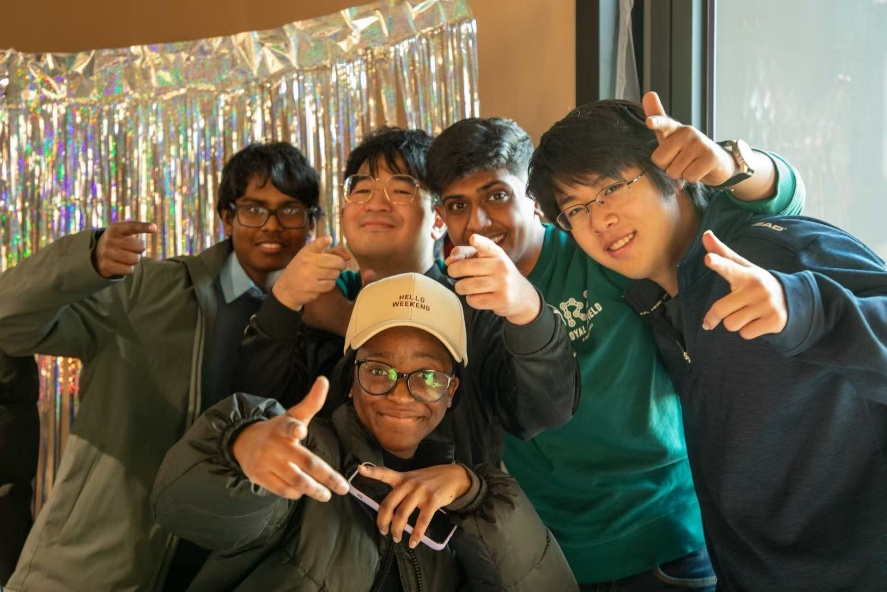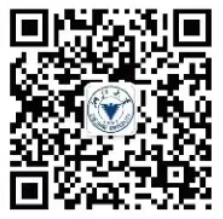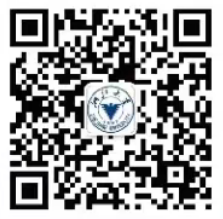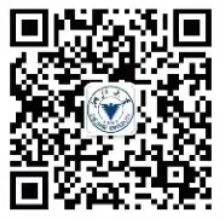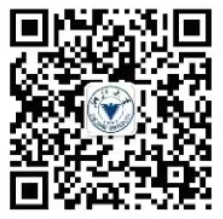International Aptitude Training (IAT) is a signature program initiated by the Office of International Affairs (OIA). Internationalization is crucial in building a world-class medical center, and IAT aims to improve the English proficiency and cross-cultural communication competency of hospital staff. It is held both online and on site, with 10-12 sessions annually. The program invites famous experts from both China and abroad to deliver lectures, develop international communication literacy, expand global vision, and create an international atmosphere.
As the year comes to a close, let us review the highlights of IAT for 2022:
Session 7: Educational Contexts for International Students
Dr. Kristopher Geda delivered this session on December 6, introducing many English expressions in an authentic setting to enhance classroom interaction and participation. He also shared classroom models suitable for both large and small classes, as well as useful classroom tools, which can help in teaching international students.
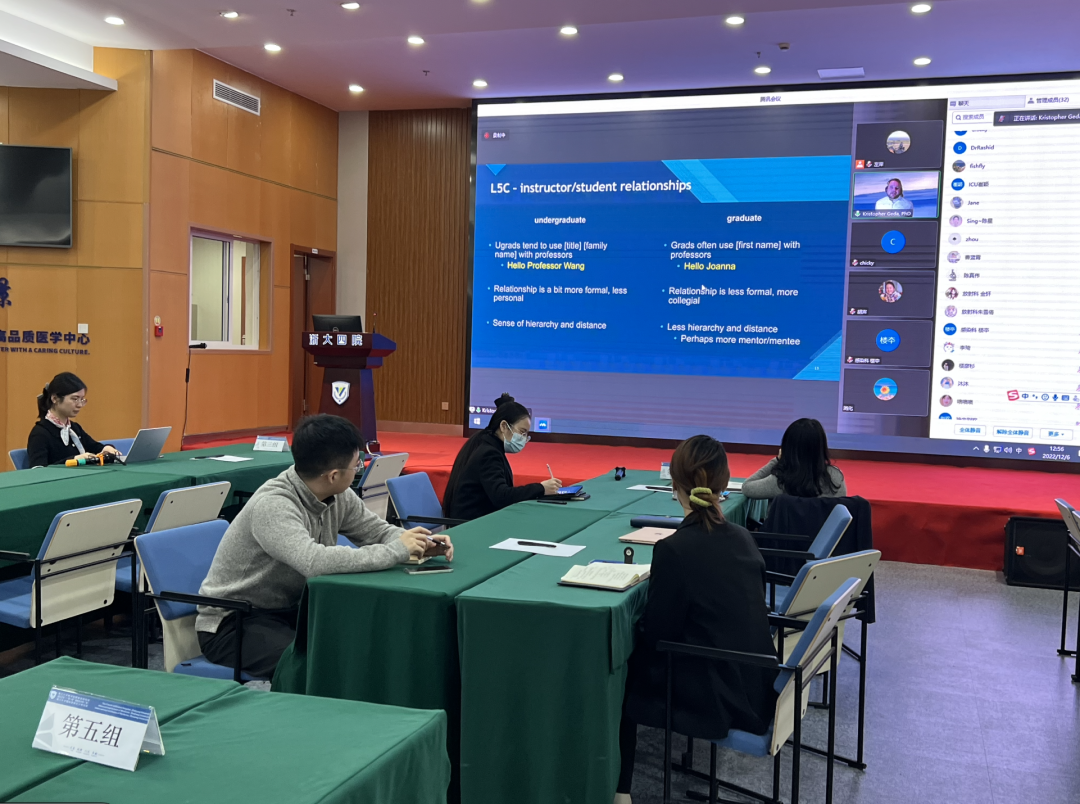
Session 6: Bedside Teaching in English
Dr. Kristopher Geda conducted this lecture on November 1, introducing English usage in hospitals and medical schools, such as the use of English by medical staff during clinical rounds. He also explained the issues that need special attention during the teaching process, such as how to ask and answer questions and how to give teaching instructions. He provided commonly used expressions for clinical rounds and used a real-life video to vividly show a real scene of foreign English teaching.
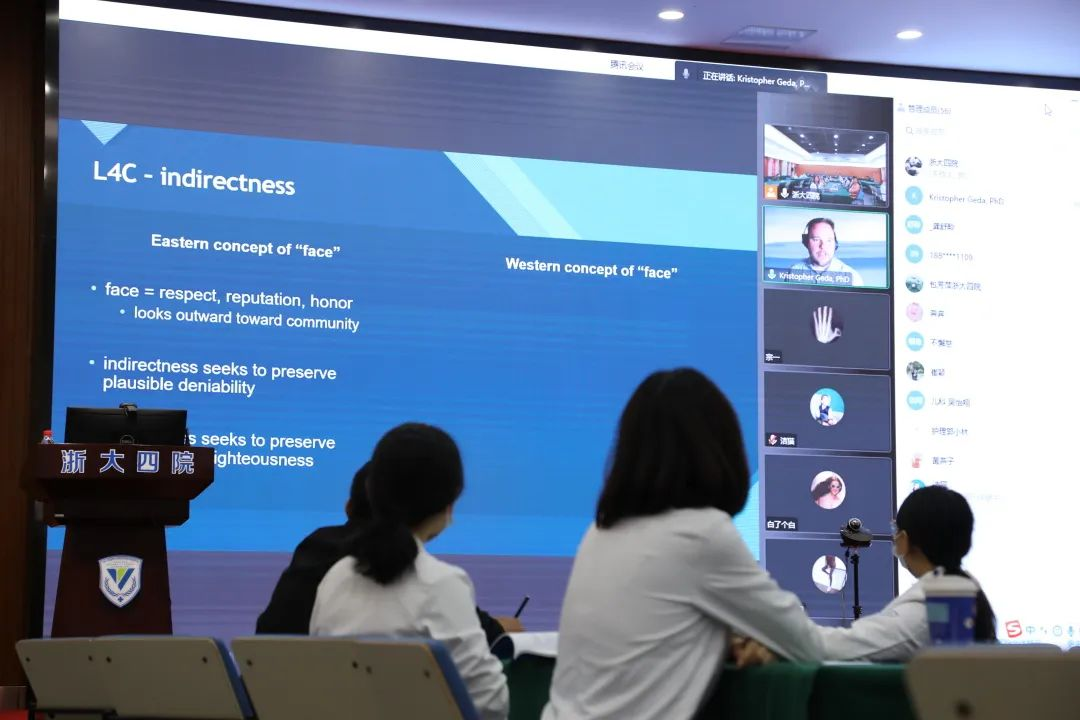
Session 5: Doctor-Patient Communication and Writing Memos
Dr. Kristopher Geda conducted this session on July 25. He covered written memos and gave tips on doctor-patient communication in English for international professionals. Dr. Geda first talked about the cultural differences in reception between Chinese and Western doctors, leading to thinking about how to respect patients’ privacy under different cultural backgrounds. He then taught oral and writing skills, teaching everyone how to communicate politely with foreign patients and convey key information, and how to write memos in English.
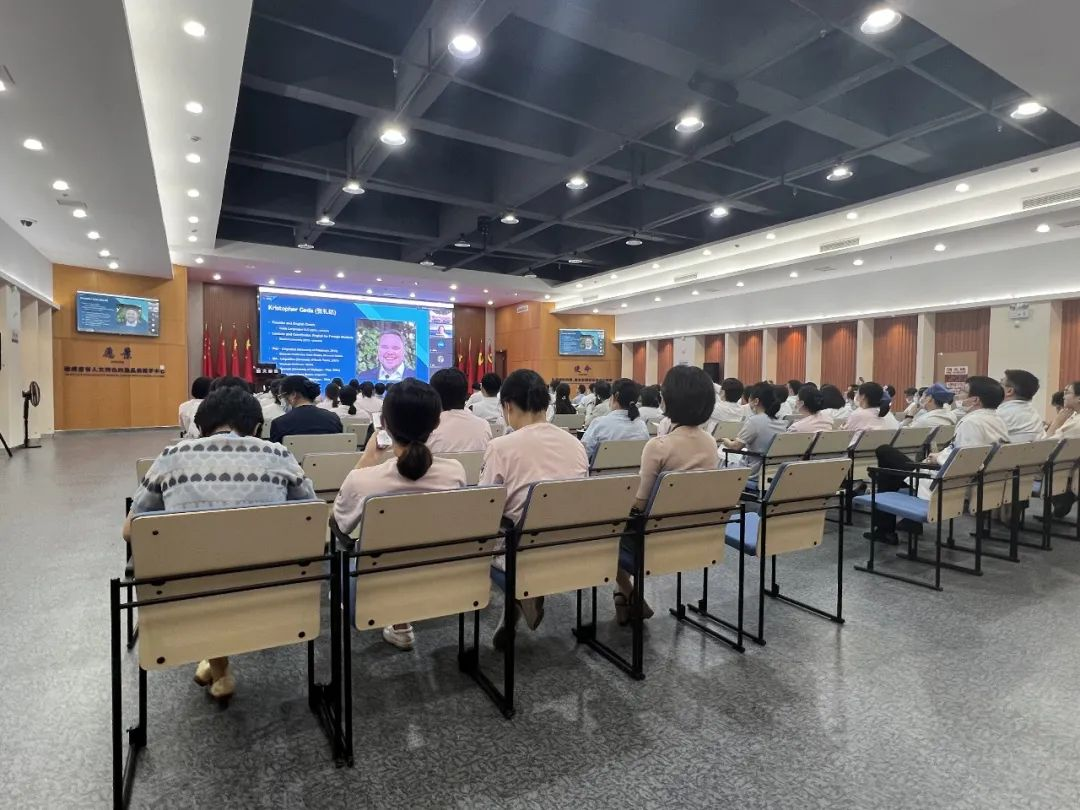
Session 4: Current Situation, Dilemma, and Countermeasures of the International Communication of Chinese Brands
Professor Wei Lu, Dean of the College of Media and International Culture, Zhejiang University, delivered this lecture on June 27. Professor Wei shared the current situation, dilemma, and future countermeasures of the international communication of Chinese brands. He proposed six countermeasures to tackle the five major difficulties faced by Chinese brands.
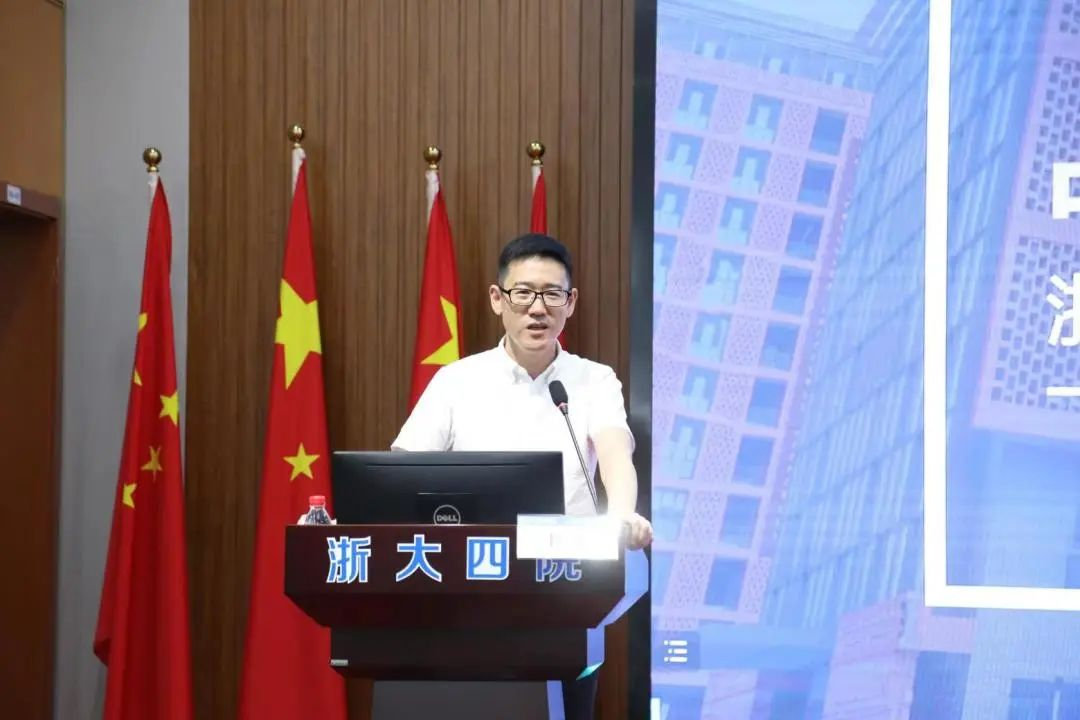
Session 3: Academic and Professional Presentations in English to International Audiences
Dr. Kristopher Geda delivered this session on May 24. He introduced how to give a professional academic speech and explained in detail how to give an academic speech in English. This course is helpful for everyone who wants to participate in international conferences and give academic speeches.
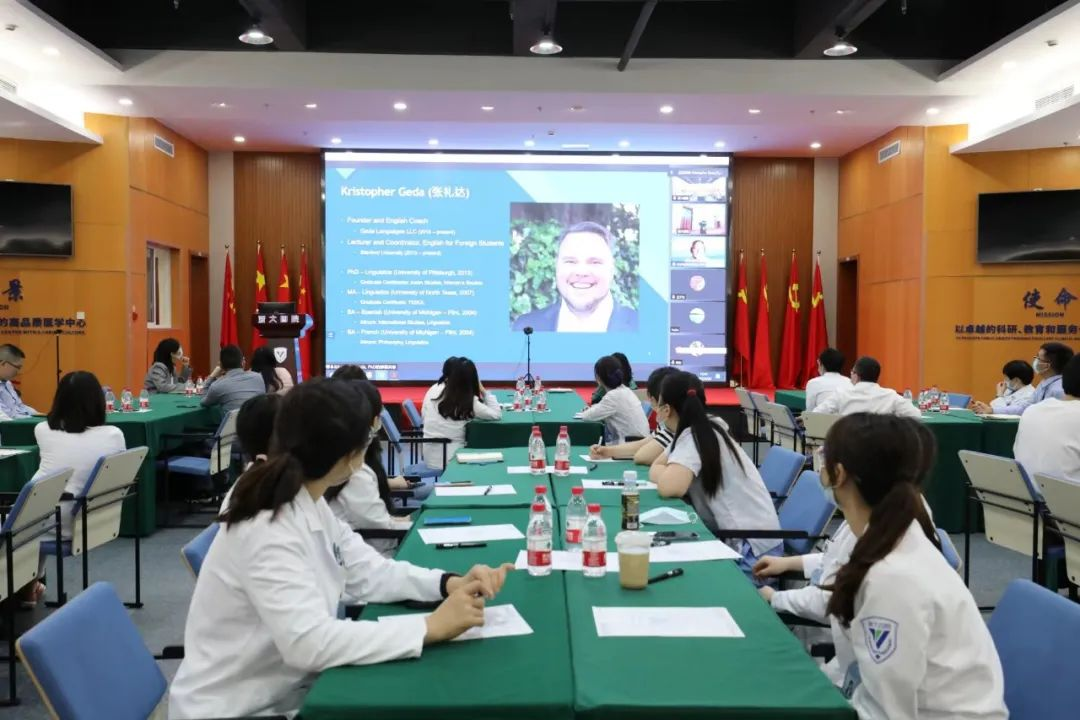
Session 2: English for Healthcare Professionals
Dr. Kristopher Geda conducted this lecture on March 29. He shared the similarities and differences between Chinese and Western healthcare and the expectations of foreign patients and medical staff during communication. He taught how to initiate English conversations, introduce oneself clearly to patients and their families in English, and write various work-related emails in English.
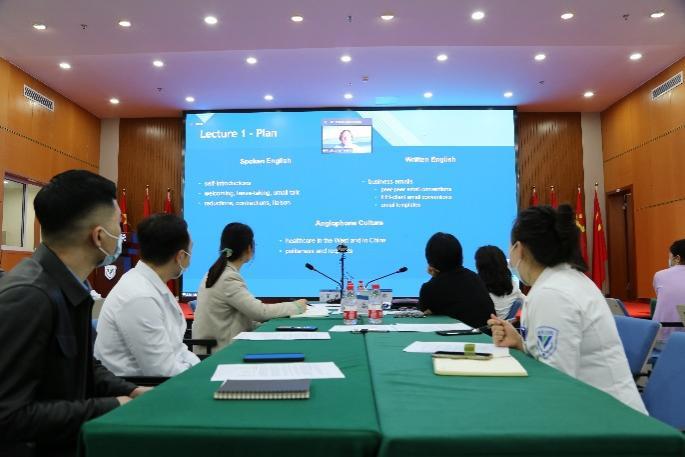
Session 1: Innovation in Concept and Creative Thinking - Building a High-Quality Development Model of an “International Medical Center”
Professor Huang Huaxin, School of Humanities, Zhejiang University, delivered this lecture on February 28. Professor Huang pointed out that improving the ability to think innovatively and foster good interpersonal relationships are necessary for building a high-quality development model of an “International Medical Center.”
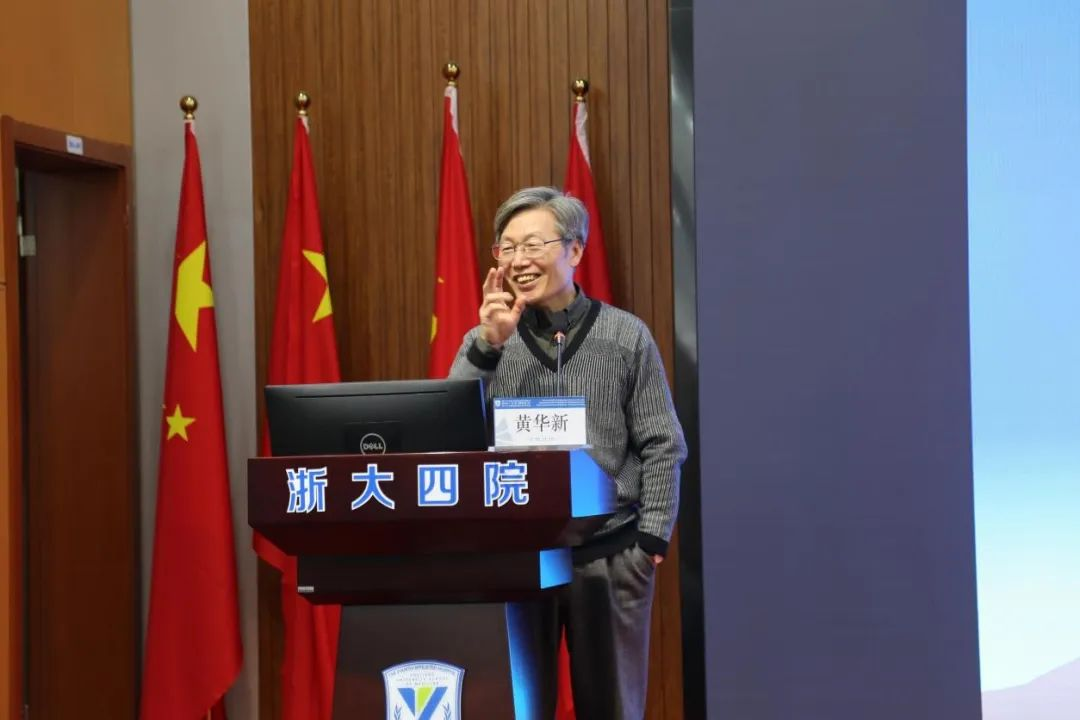
Finally, the IAT trainees had some positive reflections on the program:
“Many people approach English as a tedious task of memorizing words and sentences, which is an ineffective way of learning. With the IAT program, we are given the opportunity to converse face-to-face with native English speakers. Such an immersive learning experience not only enhances our English speaking skills but also enriches our understanding of international culture. I found that learning English is flexible and fun. As a trainee in the Department of Neurosurgery, I look forward to continuing my participation in the IAT program next year.”
Cao Lintian, the Department of Neurosurgery
Written by Han Qiqi
Edited by Chen Weiying



